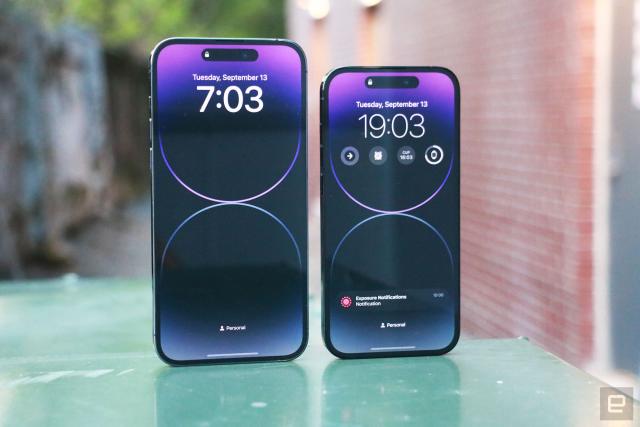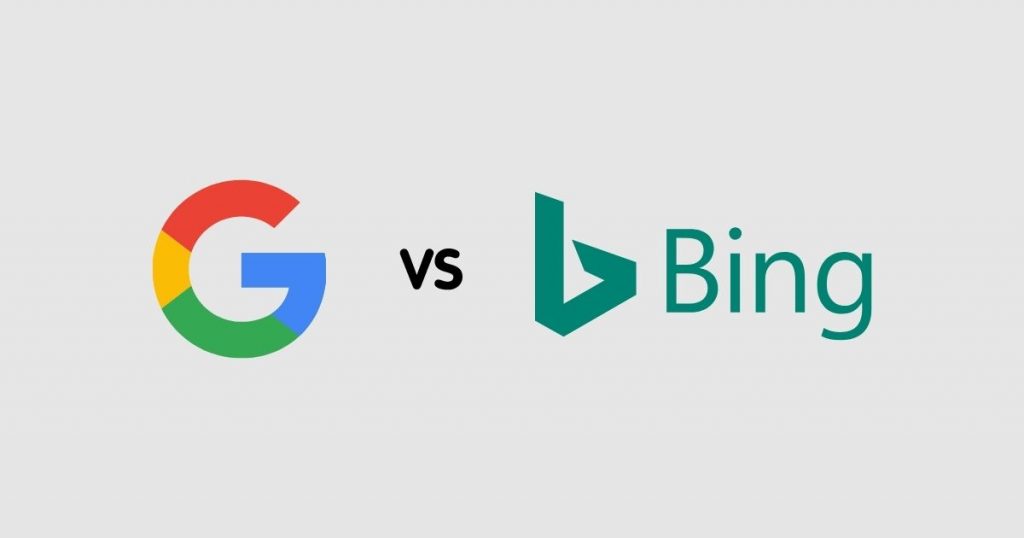Apple has been wanting to design its own cellular modems for a long time in an attempt to match its success with processors. Apple spent $1 billion in 2019 to acquire Intel’s modem technology, and since then the company has repeatedly claimed that it is just a year or two away from replacing Qualcomm’s modems in new iPhones.
However, those timelines have come and gone (the alleged 2021 and 2022 timelines have passed, and Qualcomm seems to think that 2023 won’t be the year either).


Despite these setbacks, the company is still planning to add Wi-Fi and Bluetooth to its list of wireless goals. With the long-term goal of putting Wi-Fi, Bluetooth, and cellular modem functions on a single chip, Apple is said to plan to start putting these chips in new products as early as 2025.
Over the years, Apple has put Broadcom chipsets for wireless networking in all of its products. Intel’s Wi-Fi and Bluetooth products have been the industry standard for a long time, but Apple has never used or supported them.
The three-and-a-half-year supply contracts Apple and Broadcom signed at the beginning of 2020 were rumored to be worth $15 billion. There are rumors that Apple is making its own wireless charging and radio frequency (RF) chips to replace those made by Broadcom.
Apple’s experience with wireless chips extends beyond its cellular modems, as the company has previously worked with similar components in the past. Different AirPods and Apple Watches have used different W1, W2, and W3 processors to enable Wi-Fi and Bluetooth connectivity and to support features beyond those defined by the standard Bluetooth spec.
According to Bloomberg’s report, Apple is working on releasing its first 5G modems “by the end of 2024 or early 2025.” Qualcomm has stated that it anticipates “minimal” revenue from iPhones by the year 2025.
This could indicate that the company is betting on this timeline. Before buying Intel’s modem business outright, Apple used both Intel and Qualcomm modems in earlier iPhone generations. It’s possible that some iPhones will continue to use Qualcomm’s modems while others will switch to Apple’s.




